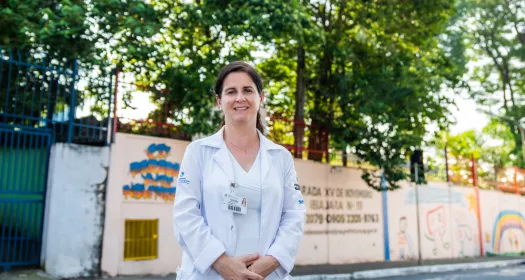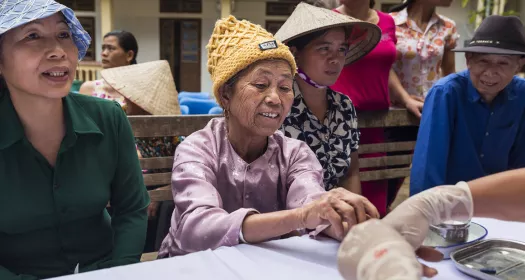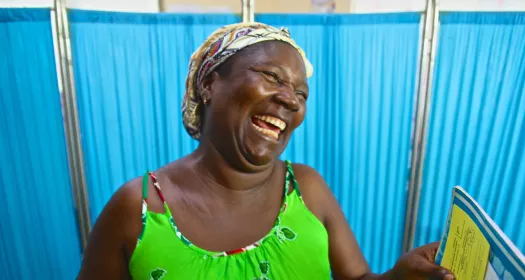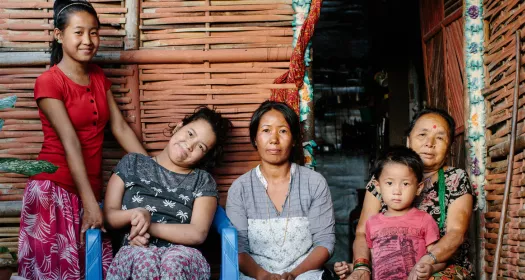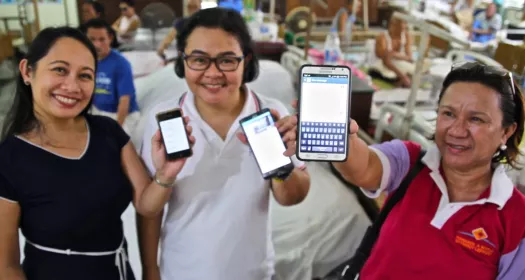Despite common misconceptions, hypertension affects children as well as adults. Work coordinated by the University of Basel in a low-income community in Port Elizabeth, South Africa, found 23% of schoolchildren had hypertension, putting them at heightened risk of early cardiovascular disease. Cardiovascular disease is the world’s deadliest noncommunicable disease, killing almost 20 million people every year1 and hitting low-income communities hardest.
Improving children’s nutrition and physical activity improves their performance in school as well as reducing hypertension and heart disease2. This makes the lack of physical activity in South African schools particularly alarming – physical education was removed from the school curriculum as a stand-alone subject in 1997.
This is why the Novartis Foundation is partnering with the University of Basel, Nelson Mandela University and the Swiss Tropical and Public Health Institute to implement the KaziBantu initiative - which translates into ‘active people’. KaziBantu aims to improve the overall and cardiovascular health of schoolchildren and their teachers, which will also improve children’s academic performance.
KaziBantu comprises two pillars – KaziKidz and KaziHealth.
KaziKidz is a dynamic new teaching toolkit that includes physical education, moving-to-music, health and hygiene, and nutrition lessons. Children explore content through joyful games, activities and music designed to encourage a healthy lifestyle.
By late 2020, KaziKidz was being taught in 12 schools, reaching 12,000 schoolchildren and 200 teachers among the lower socioeconomic communities of Port Elizabeth. There are plans to extend the program to further schools via a South African Council for Educators accredited Short Learning Programme in the Eastern Cape, before expanding it to further regions within South Africa.
KaziHealth is a toolkit designed to improve teachers’ health. It includes:
- A comprehensive health risk assessment
- A personalised health profile
- Lifestyle coaching sessions focusing on physical activity, diet and nutrition, and stress and sleep management interventions to improve cardiovascular health
- Motivation and self-monitoring through the KaziHealth mobile app
- An evaluation of progress towards health goals
KaziHealth rolled out to over 150 teachers in April 2019.
Visit https://kazibantu.org for more information.
Publications
References
1 https://www.who.int/news-room/fact-sheets/detail/cardiovascular-diseases-(cvds)
2 https://www.sciencedirect.com/science/article/pii/S0091743518301129?via%3Dihub
